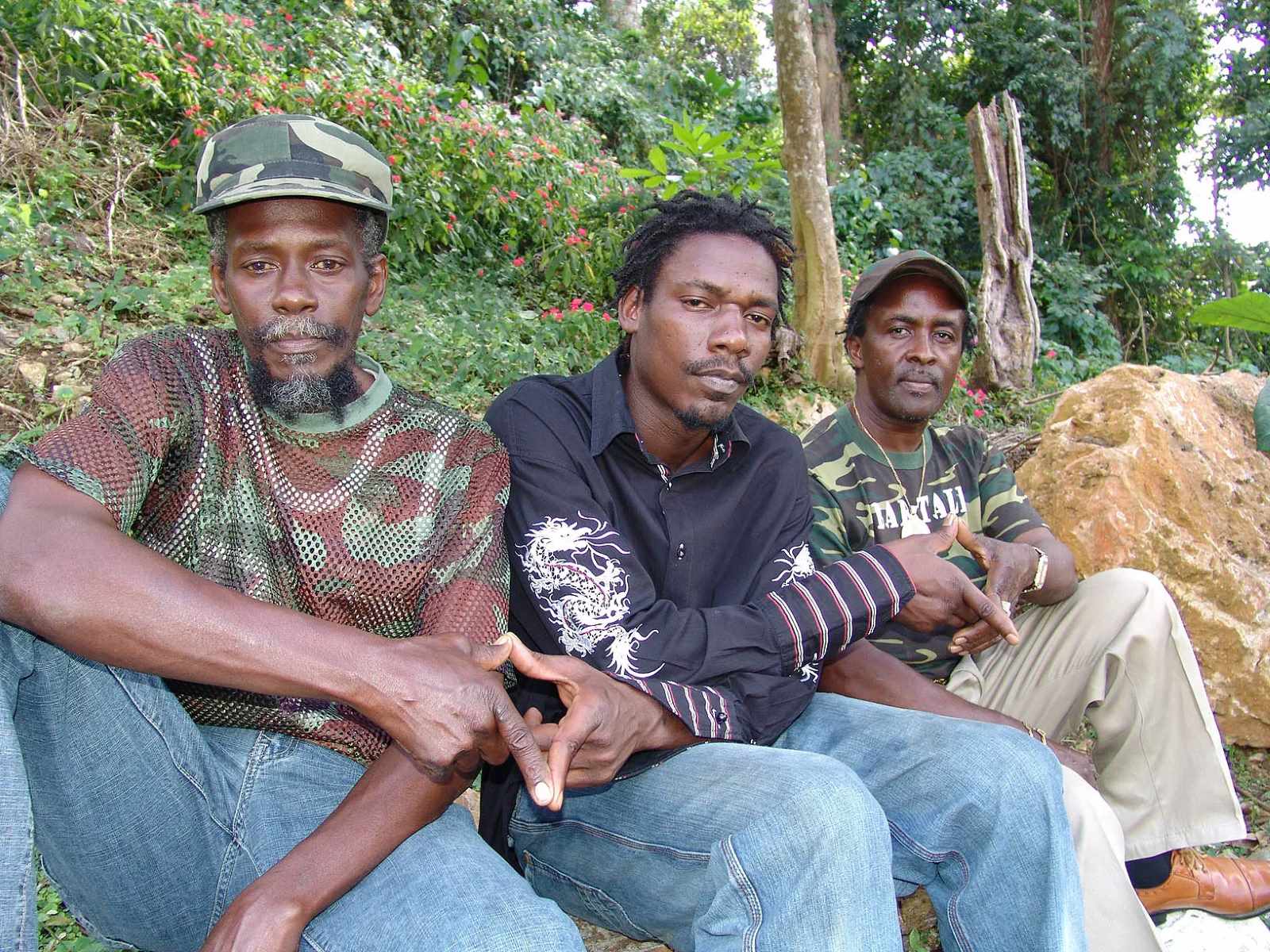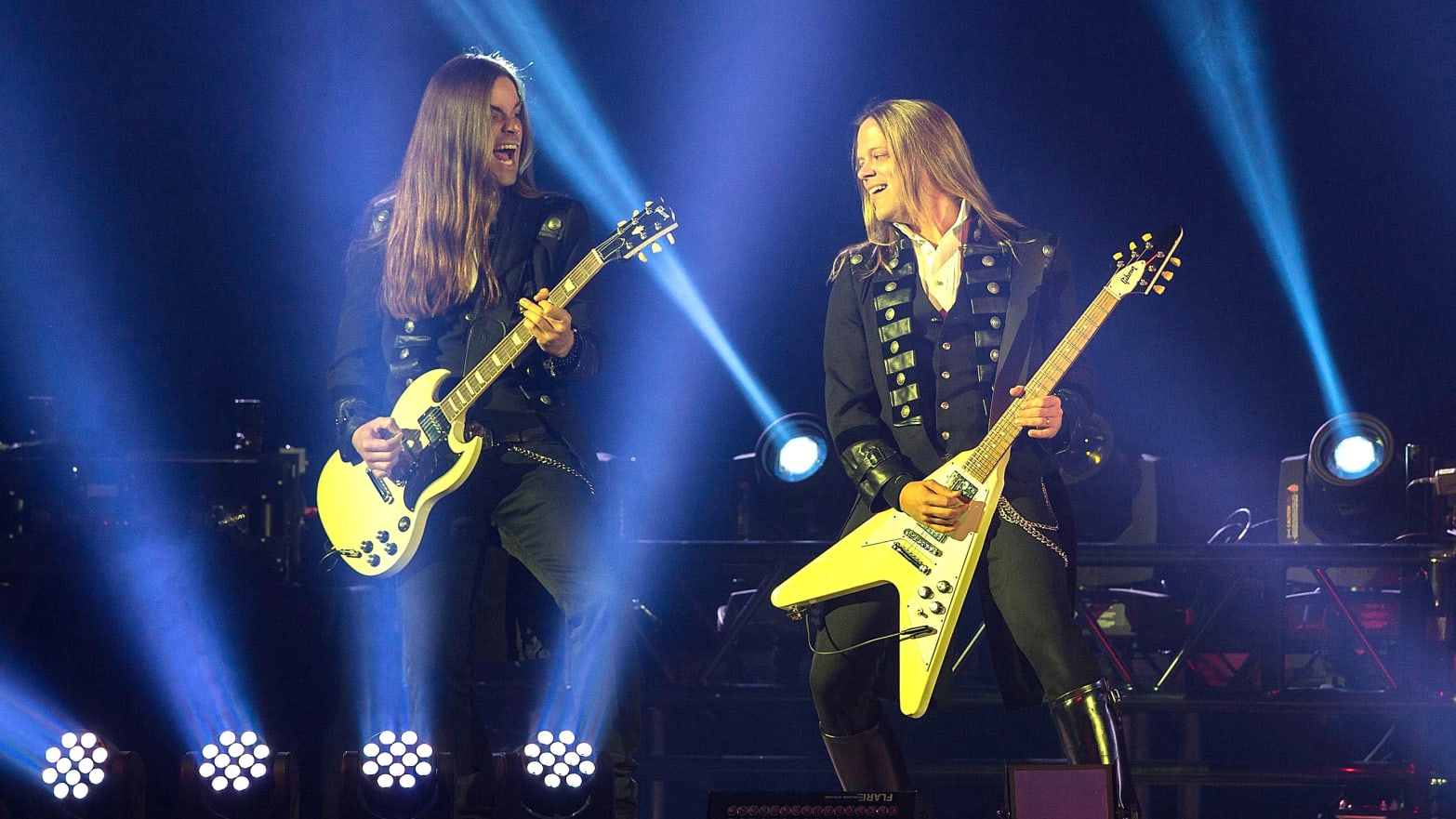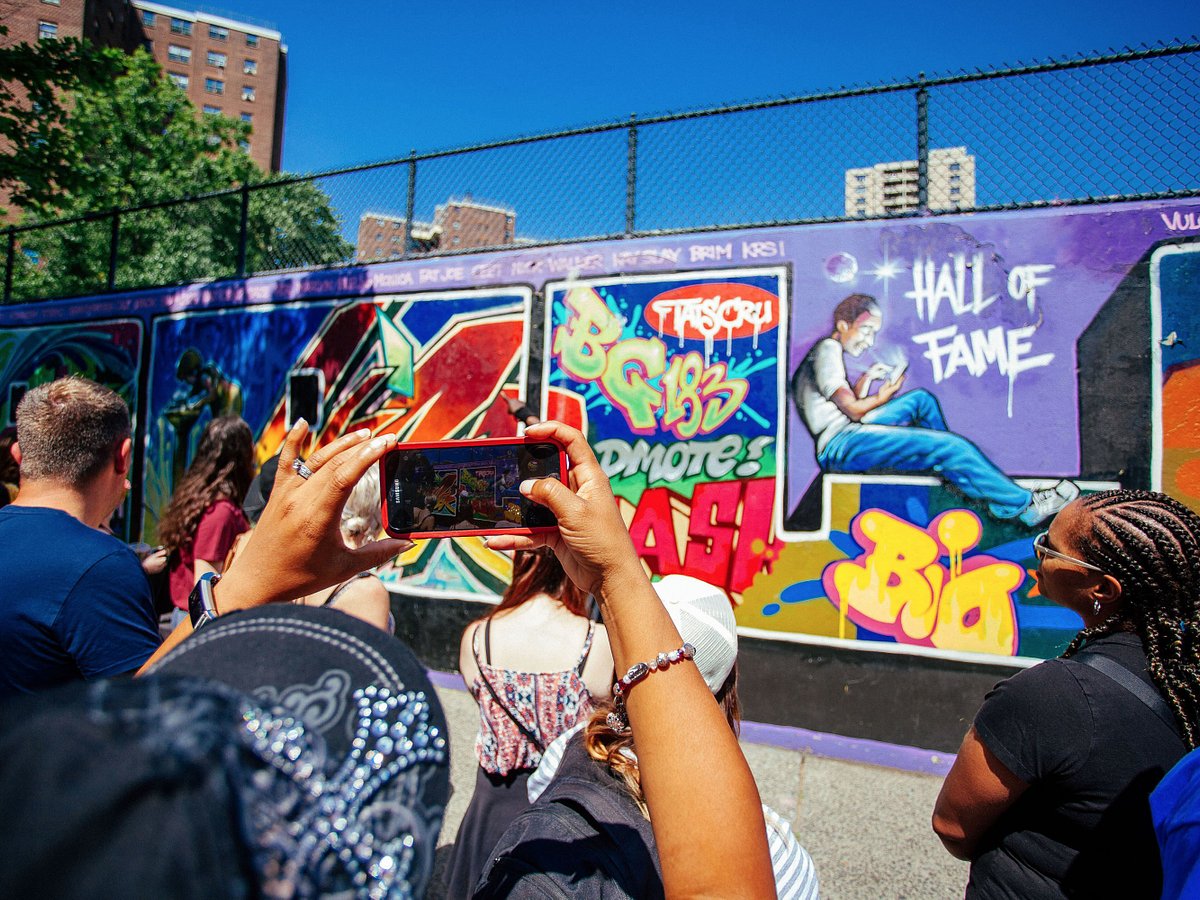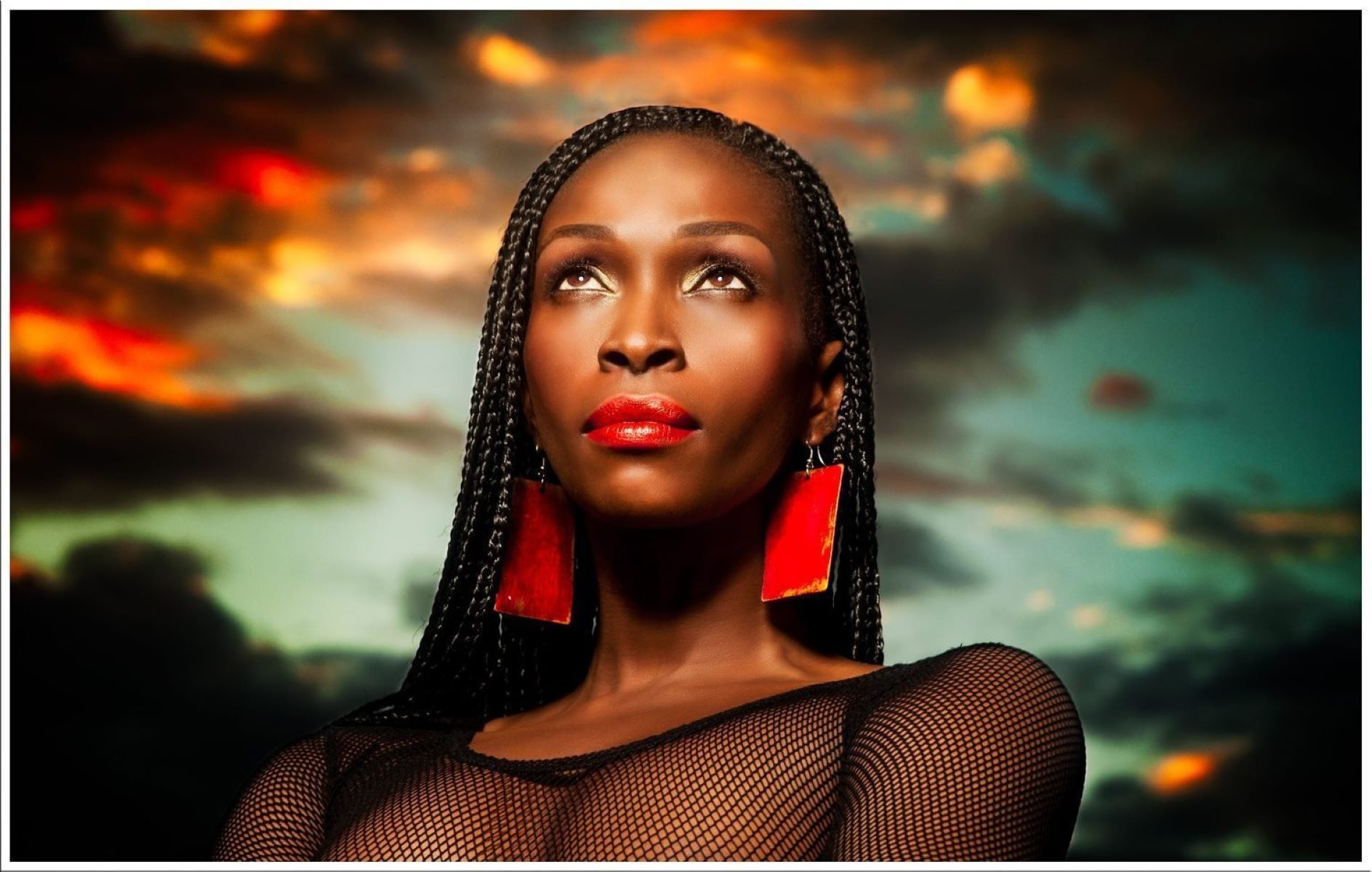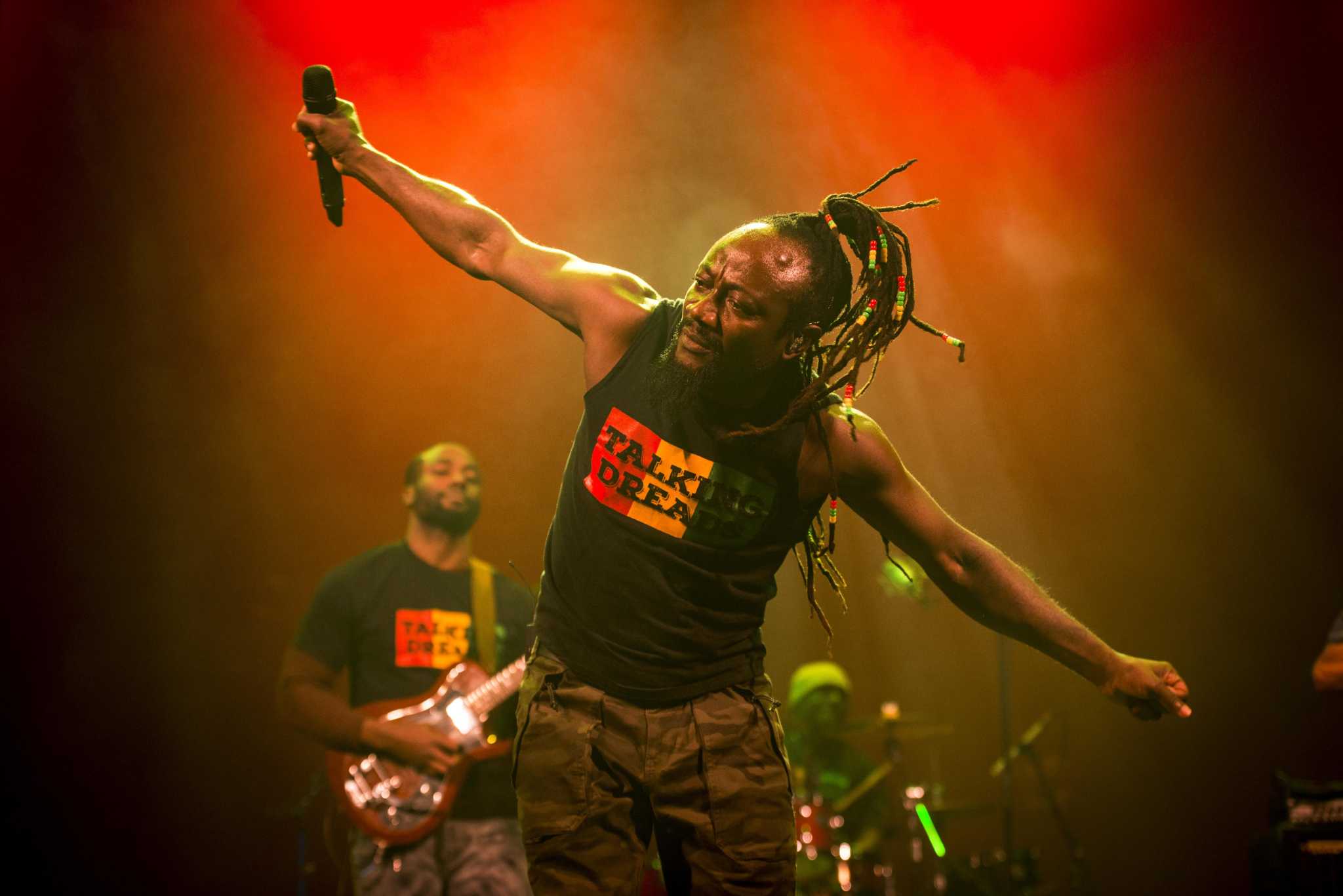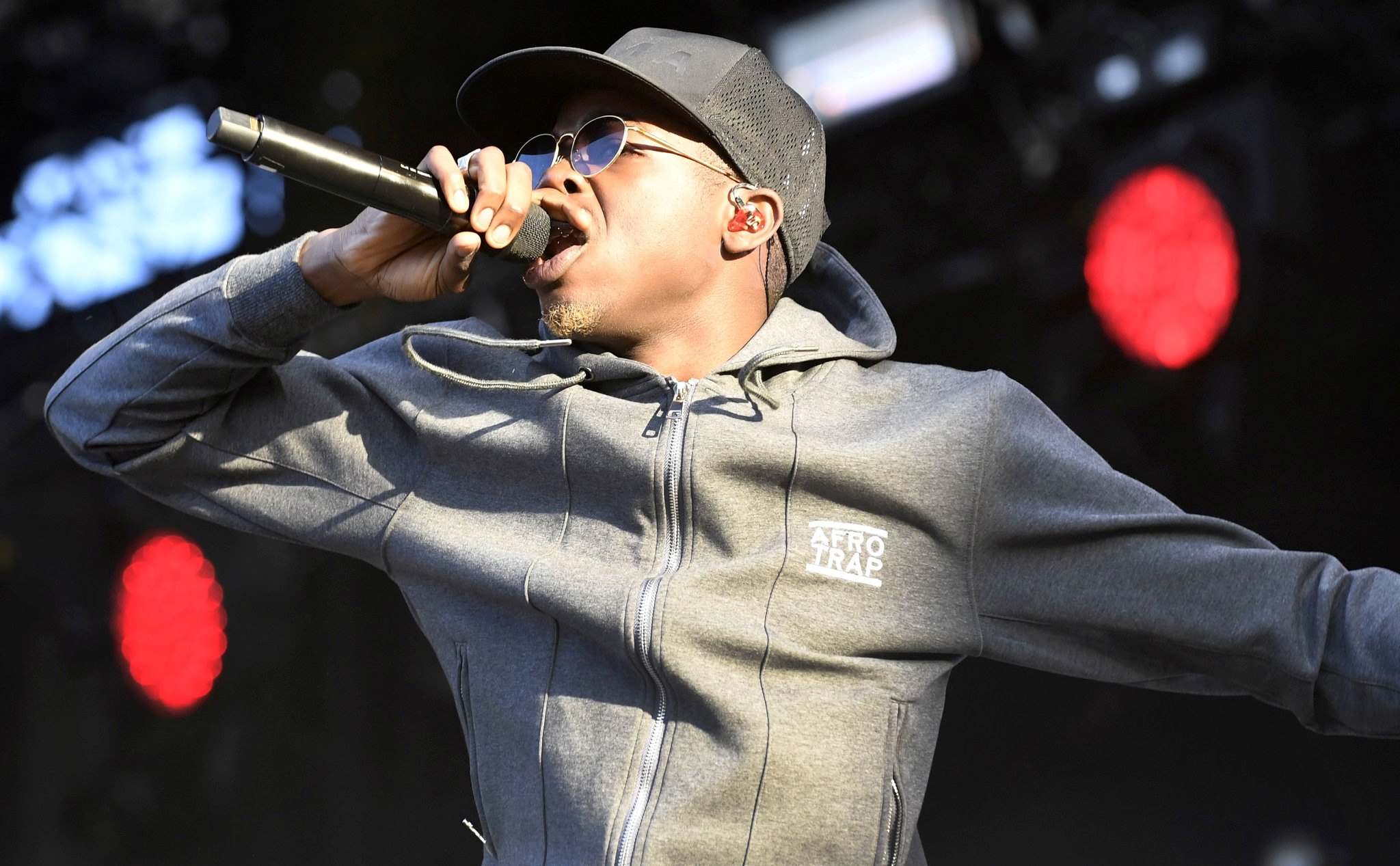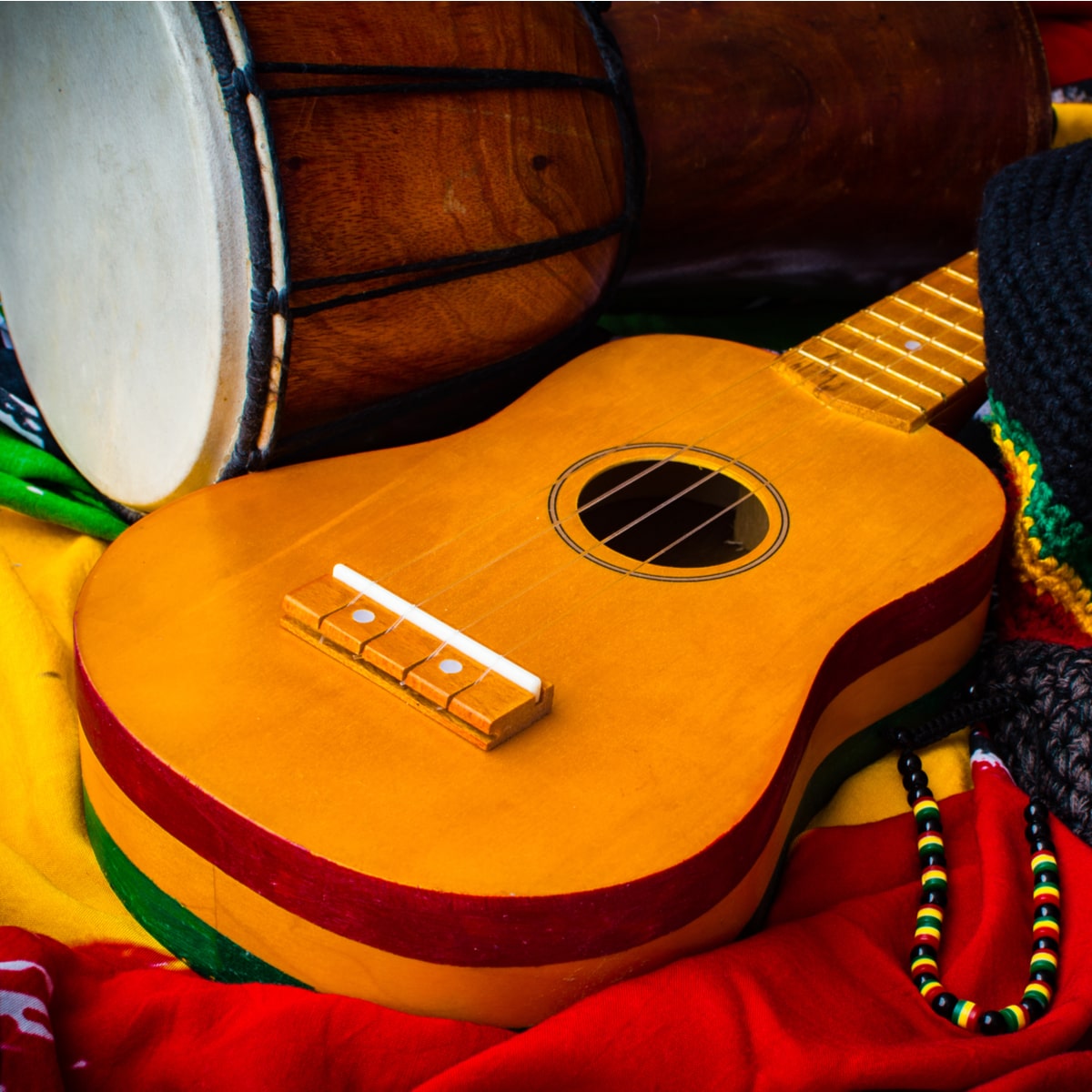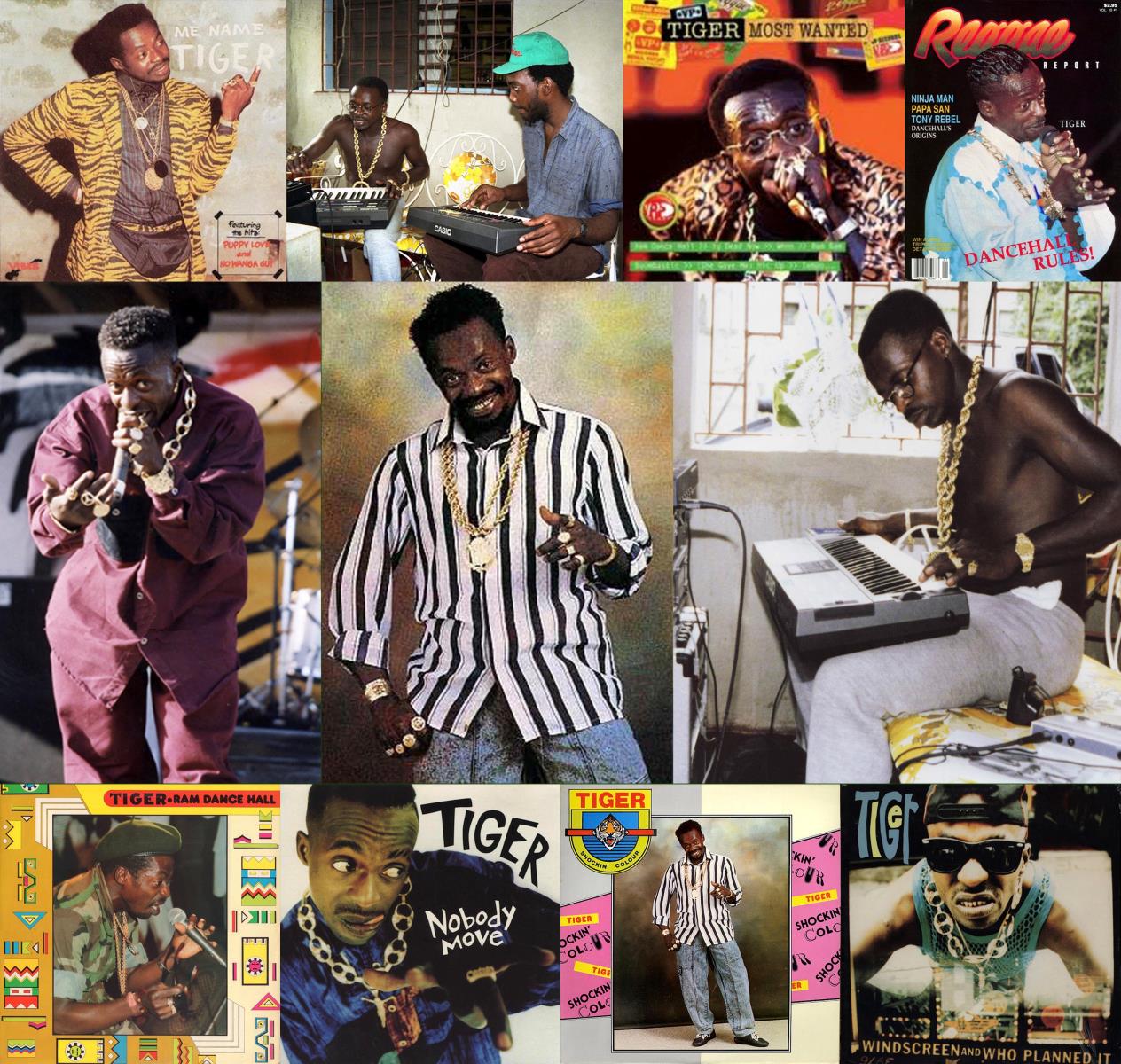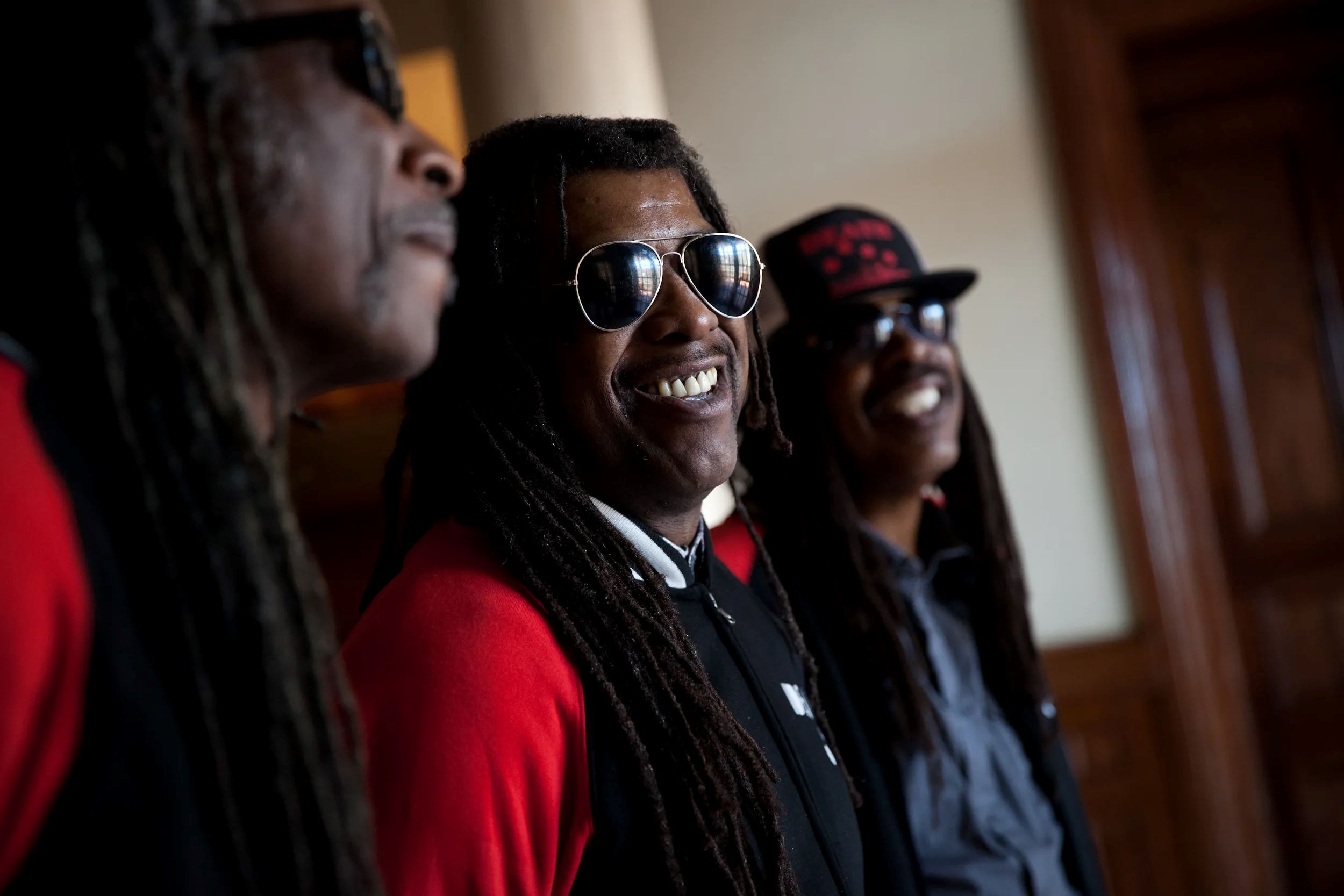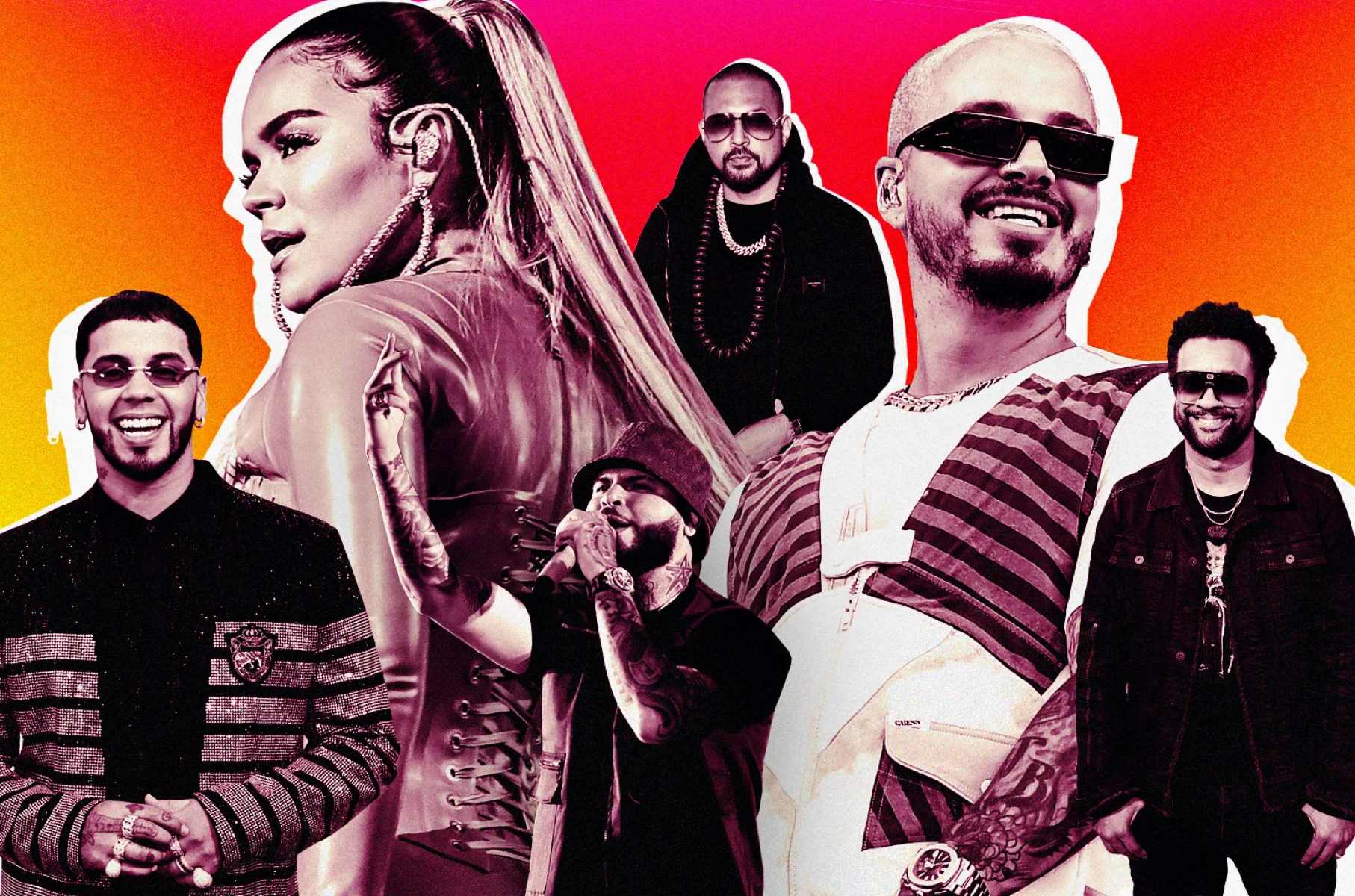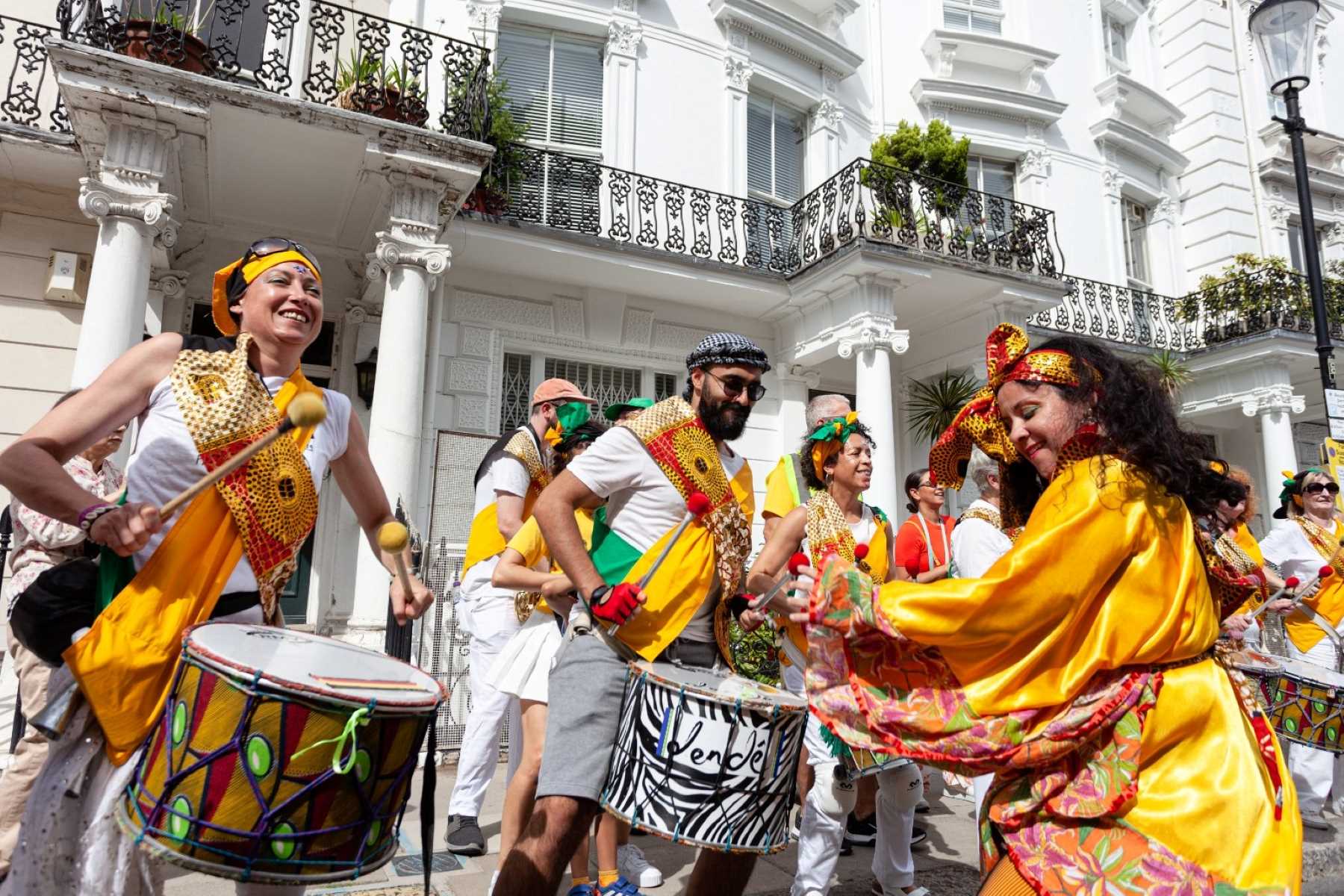

Reggae
Where Did Samba-Reggae Originate From
Modified: January 22, 2024
Discover the origins and evolution of Samba Reggae, a mesmerizing genre blending the rhythmic energy of samba with the soulful vibes of reggae. Dive deep into the cultural fusion and vibrant beats that define this unique musical phenomenon.
(Many of the links in this article redirect to a specific reviewed product. Your purchase of these products through affiliate links helps to generate commission for AudioLover.com, at no extra cost. Learn more)
Table of Contents
Introduction
Samba Reggae is a vibrant and rhythmic music genre that has its roots in the rich cultural heritage of Brazil. Emerging from the vibrant streets of Salvador, Bahia, Samba Reggae combines the infectious beats of samba with the pulsating rhythms of reggae. This unique fusion creates an energetic and soulful sound that captures the essence of the Afro-Brazilian spirit.
With its origins deeply entwined with the African diaspora, Samba Reggae serves as a powerful expression of resistance, resilience, and cultural pride. It is a musical genre that tells the stories of struggle, celebration, and unity, reflecting the experiences of the Afro-Brazilian community.
This article will explore the fascinating origins of Samba Reggae, the influence of Afro-Brazilian culture on its development, the pivotal role of Olodum in shaping its identity, and its spread across the globe. Join us on this rhythmic journey as we dive into the captivating world of Samba Reggae.
Origins of Samba Reggae
The origins of Samba Reggae can be traced back to the vibrant city of Salvador, Bahia, in northeastern Brazil. In the 1970s, a group of percussionists known as “Banda Afro” began experimenting with blending the traditional rhythms of samba with the laid-back grooves of reggae music. This fusion created a captivating new sound that would eventually become known as Samba Reggae.
The emergence of Samba Reggae was closely tied to the social and cultural movements of the time. Salvador, with its strong Afro-Brazilian influence, was a hub of resistance against social inequality and racial discrimination. The music served as a platform for the Afro-Brazilian community to express their identity, celebrate their cultural roots, and raise awareness about their struggles.
At its core, Samba Reggae is deeply rooted in African rhythms and traditions. The pulsating beats and syncopated patterns draw inspiration from the Afro-Brazilian religious ceremonies and festivities, such as Candomblé and the African diasporic carnival traditions like Afoxé. These influences, combined with the reggae elements, give Samba Reggae its distinctive sound and captivating groove.
One of the key figures in the development of Samba Reggae was the influential percussion group, Olodum. Established in 1979, Olodum played a pivotal role in popularizing the genre and bringing it to international recognition. Their performances not only showcased the vibrant music but also highlighted the cultural and social issues faced by the Afro-Brazilian community.
Through their powerful and energetic performances, Olodum combined artistic expression with social activism, becoming a voice for the marginalized and oppressed. They used music as a tool for social change, promoting Afro-Brazilian culture, and fighting against racial inequality.
Today, Samba Reggae continues to evolve and thrive, with various groups and bands incorporating their unique flavors into the genre. It has become a symbol of cultural identity and a way to celebrate the rich heritage of the Afro-Brazilian community. From its humble beginnings in Salvador, Samba Reggae has spread its infectious rhythms across the globe, captivating audiences with its vibrant melodies and irresistible beats.
Influence of Afro-Brazilian Culture
The vibrant and rhythmic sounds of Samba Reggae are deeply rooted in the Afro-Brazilian culture that permeates the streets of Salvador, Bahia. This genre reflects the rich heritage and traditions of the African diaspora in Brazil, fusing African rhythms with Brazilian musical elements to create a unique and captivating sound.
Afro-Brazilian culture has had a profound influence on the development of Samba Reggae, shaping its rhythms, dance movements, and lyrical themes. The African diaspora brought a diverse range of musical traditions, religious practices, and cultural expressions to Brazil, which were then blended with the local Brazilian culture to create something entirely new and vibrant.
One of the primary influences on Samba Reggae is the Afro-Brazilian religion of Candomblé. This syncretic religion blends African and Catholic beliefs and rituals, and its percussion-based ceremonies provide the foundation for the rhythmic complexities found in Samba Reggae. The repetitive yet intricate patterns of the drums, the call-and-response singing, and the incorporation of sacred rhythms serve as the heartbeat of this musical genre.
In addition to Candomblé, the African diaspora also brought various cultural expressions to Brazil, including traditional dance forms such as the Samba de Roda and the Capoeira. These expressive and dynamic dance styles heavily influence the choreography and movement associated with Samba Reggae performances. The dancers, adorned in colorful costumes, sway their hips and stomp their feet in sync with the infectious rhythms, creating a visual spectacle that enhances the overall experience.
Lyrically, Samba Reggae often explores themes that resonate with the Afro-Brazilian experience. It addresses social issues, racial inequality, and cultural identity, acting as a form of cultural resistance. The lyrics highlight the resilience of the Afro-Brazilian community, shedding light on their struggles and celebrating their cultural heritage.
Afro-Brazilian instruments such as the berimbau, atabaque, pandeiro, and agogô play a crucial role in the rhythmic tapestry of Samba Reggae. These percussive instruments, imbued with African roots, add depth and texture to the music, creating a layered and dynamic sound. The interplay between the different instruments is what gives Samba Reggae its infectious groove and irresistible energy.
The influence of Afro-Brazilian culture on Samba Reggae is undeniable. It is a testament to the resilience, creativity, and cultural pride of the Afro-Brazilian community. Through this musical genre, Afro-Brazilians have found a way to express their identity, celebrate their heritage, and raise awareness about the challenges they face. Samba Reggae stands as a powerful and vibrant symbol of unity, resistance, and cultural diversity.
Development of Samba Reggae in Salvador
Salvador, the capital city of Bahia in Brazil, played a pivotal role in the development and evolution of Samba Reggae. The city’s rich Afro-Brazilian heritage, vibrant carnival traditions, and thriving music scene provided the perfect backdrop for this genre to flourish.
In the 1970s, the streets of Salvador became a breeding ground for musical experimentation and cultural fusion. It was during this time that Samba Reggae began to take shape, merging the infectious rhythms of samba with the laid-back grooves of reggae. This new style of music quickly gained popularity, attracting a diverse range of musicians, percussionists, and dancers eager to contribute to its evolving sound.
The development of Samba Reggae was closely intertwined with the social and political movements of the time. Brazil was undergoing a period of significant social change, with protests and activism demanding greater rights and opportunities for marginalized communities, particularly Afro-Brazilians. Samba Reggae became a powerful voice for these communities, providing a platform to express their identity and amplify their struggles.
One of the key figures in the development of Samba Reggae was the percussion group Olodum. Founded in 1979 in Salvador, Olodum played a significant role in popularizing the genre and bringing it to the international stage. Their energetic performances and powerful lyrics captured the spirit of the Afro-Brazilian community, becoming an inspiration for many musicians and artists.
Olodum’s influence extended beyond their music; they also played a crucial role in community development and social activism. Through their community-centered projects, they provided education, employment, and cultural initiatives to empower the local population. This symbiotic relationship between Samba Reggae and the community is a testament to the genre’s commitment to social change and cultural preservation.
As Samba Reggae gained popularity and recognition, various other groups and bands emerged in Salvador, each bringing their own unique flavors to the genre. Bands like Timbalada, Muzenza, and Ilê Aiyê contributed to its evolution, incorporating elements of funk, hip-hop, and jazz into the traditional Samba Reggae sound.
The Afro-Brazilian carnival traditions also played a vital role in the development of Samba Reggae. In Salvador, carnival is a grand celebration filled with music, dance, and colorful parades. Samba Reggae became an integral part of these festivities, with percussion groups marching through the streets, captivating audiences with their electrifying rhythms and infectious energy.
Today, Salvador continues to be a hub of Samba Reggae, with countless percussion groups, bands, and artists carrying on the tradition and pushing the boundaries of the genre. The city’s vibrant music scene, combined with its deep cultural roots, ensures that Samba Reggae remains a vital and evolving part of Salvador’s cultural landscape.
The development of Samba Reggae in Salvador stands as a testament to the power of music to reflect and shape society. It is a genre deeply rooted in the cultural heritage of its people, serving as a source of empowerment, identity, and celebration.
Role of Olodum
When discussing the history and development of Samba Reggae, one simply cannot overlook the pivotal role played by the renowned percussion group, Olodum. Founded in 1979 in the city of Salvador, Bahia, Olodum emerged as a cultural force that not only contributed to the popularity of Samba Reggae but also became a symbol of Afro-Brazilian pride and activism.
Olodum quickly gained fame for their high-energy performances and infectious rhythms. The group’s masterful use of percussion instruments, such as the atabaques, surdos, and tambourines, captivated audiences and attracted a loyal following. Their distinct sound, characterized by layered polyrhythms and intricate syncopations, became synonymous with Samba Reggae.
More than just a musical group, Olodum assumed a role as a social and political movement. They used their music to shed light on the issues faced by Afro-Brazilians, particularly those living in the impoverished neighborhoods of Salvador. Through their lyrics and performances, they openly addressed topics like racism, social inequality, and police brutality, giving a voice to the marginalized communities they represented.
One of the defining moments for Olodum came in 1986 when they collaborated with Michael Jackson on his hit single, “They Don’t Care About Us.” This collaboration thrust Olodum and Samba Reggae into the international spotlight, exposing millions of people to their unique sound and the social issues they championed. The iconic music video, shot in the streets of Salvador, showcased the vibrant energy and cultural richness of the Afro-Brazilian community.
Olodum’s influence extended beyond the realm of music and activism. Recognizing the power of education and community development, the group established the Olodum School in 1984. The school provided free music lessons to children and young adults, not only nurturing their musical talents but also instilling a sense of cultural pride and empowerment. The Olodum School continues to this day, leaving a lasting legacy in the form of countless musicians who have been influenced by the group’s teachings and mentorship.
Olodum’s impact on the cultural landscape of Salvador cannot be overstated. They transformed the city’s carnival celebrations by introducing the Afro-Brazilian bloco-afro style, in which percussion groups march through the streets, captivating audiences with their powerful rhythms and intricate choreography. This unique form of expression became an integral part of Salvador’s cultural identity and has been replicated in festivals and parades worldwide.
Internationally, Olodum’s music and message have resonated with people from all walks of life. They have performed on stages around the globe, spreading the infectious rhythms of Samba Reggae and promoting social justice. Their music transcends language barriers and serves as a powerful tool for cultural exchange and understanding.
The role of Olodum in the development of Samba Reggae cannot be overstated. They have not only shaped the sound and style of the genre, but also used their music as a means of social activism and cultural preservation. Olodum continues to inspire generations of musicians and activists, reminding us of the power of art to create change and unite communities.
Spread of Samba Reggae Worldwide
From its humble beginnings in the streets of Salvador, Samba Reggae has transcended cultural boundaries and captivated audiences around the world. This vibrant and infectious genre has gained popularity far beyond Brazil, leaving an indelible mark on the global music scene.
The international spread of Samba Reggae can be attributed to several factors, including its catchy rhythms, energetic performances, and the passionate advocacy of artists like Olodum. As the genre gained recognition, it began to feature in world music festivals, cultural exchange programs, and collaborations with renowned musicians from different genres.
One of the key elements that made Samba Reggae so appealing to international audiences is its universal appeal. The pulsating rhythms and infectious beats have the power to move and uplift people, regardless of their cultural background. This universal appeal allowed Samba Reggae to find space in the music scenes of various countries, including the United States, Europe, and Japan.
In the United States, Samba Reggae found a receptive audience, especially in cities with vibrant multicultural communities. Brazilian immigrants and enthusiasts established Samba Reggae groups and bands, introducing the genre to local communities through performances, workshops, and cultural events. Today, Samba Reggae can be heard at annual festivals, such as the Brazilfest in Seattle and the Carnaval Miami, attracting thousands of attendees.
In Europe, Samba Reggae also gained popularity, particularly in countries like Germany, the Netherlands, and France. Bands and percussion groups dedicated to the genre emerged, forming a strong community of Samba Reggae enthusiasts who regularly perform at local cultural events, street parades, and music festivals. These groups often collaborate with local musicians, adding their unique flavors to the traditional Samba Reggae sound.
Japan has also embraced Samba Reggae with open arms. Brazilian culture holds a special place in the hearts of many Japanese people, and Samba Reggae’s energetic rhythms and vibrant performances resonate deeply with Japanese audiences. The genre has become a central element of annual carnival celebrations in cities like Osaka and Tokyo, attracting large crowds who revel in the festive spirit and dance to the infectious beats.
The influence of Samba Reggae has extended beyond live performances. The music has been featured in films, commercials, and television shows, further spreading its reach and introducing the genre to new audiences. Songs like Olodum’s “Avisa Lá” and “Faraó (Divindade do Egito)” have become anthems, recognized and loved by people across different continents.
The globalization of Samba Reggae has created a vibrant network of artists, enthusiasts, and cultural organizations dedicated to promoting the genre’s rich heritage. Festivals and workshops dedicated to Samba Reggae are held in various countries, providing opportunities for musicians and dancers to come together, exchange ideas, and celebrate the genre’s dynamic spirit.
Samba Reggae’s international success serves as a testament to the power of music to bridge gaps, foster cultural exchange, and unite people from diverse backgrounds. As the genre continues to evolve and adapt to different musical landscapes, it remains a vibrant symbol of Afro-Brazilian identity and a celebration of cultural diversity.
Conclusion
Samba Reggae is more than just a music genre; it is a cultural phenomenon that encapsulates the spirit, heritage, and resilience of the Afro-Brazilian community. Emerging from the vibrant streets of Salvador, Samba Reggae has grown from a local rhythm experiment to a global musical phenomenon, captivating audiences around the world with its infectious beats and soulful melodies.
The origins of Samba Reggae are deeply rooted in Afro-Brazilian culture, drawing inspiration from the rich African traditions and religious ceremonies that have shaped Brazil’s cultural tapestry. The fusion of samba and reggae elements created a unique and vibrant sound that served as a platform for the Afro-Brazilian community to express their social struggles, celebrate their heritage, and promote social change.
Olodum, a pioneering percussion group, played a pivotal role in popularizing Samba Reggae and bringing it to the international stage. Their powerful performances, social activism, and collaborations with renowned musicians like Michael Jackson catapulted Samba Reggae into the global spotlight, spreading its rhythms and messages of cultural pride and equality worldwide.
The influence of Samba Reggae has transcended borders, reaching countries across the Americas, Europe, and Asia. Its universal appeal and energetic performances have captivated audiences, fostering multicultural connections and cultural exchange. Samba Reggae has become a part of various festival celebrations and has inspired the formation of Samba Reggae groups in different parts of the world.
The journey of Samba Reggae is a testament to the power of music in uniting communities, promoting cultural understanding, and advocating for social change. It symbolizes the celebration of Afro-Brazilian identity, resilience, and cultural diversity. As Samba Reggae continues to evolve and spread its rhythmic influence, it carries with it the spirit and legacy of the Afro-Brazilian community, giving voice to their struggles and celebrating their vibrant heritage.
In conclusion, Samba Reggae stands as a living testament to the African diaspora’s enduring impact on Brazilian culture. It is a genre that carries the stories of resistance, celebration, and unity, reminding us of the power of music to bring people together and create positive change. Whether in the streets of Salvador or on stages around the world, Samba Reggae continues to inspire and uplift, proving that the universal language of rhythm and melody knows no boundaries.

